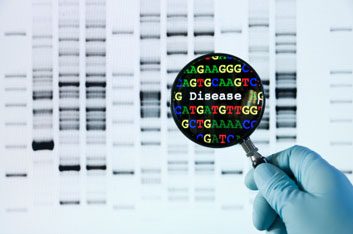News: The power of knowing your genome
The Billion Dollar Challenge kicks off at Princess Margaret Hospital in Toronto today. The campaign aims to raise one billion

The Billion Dollar Challenge kicks off at Princess Margaret Hospital in Toronto today. The campaign aims to raise one billion dollars over a five-year period for personalized cancer treatment.
Through the use of genetic profiling, nanotechnology has moved the direction of cancer treatments towards molecular targeted therapies.
But let’s take this one step further ‘ if we can target cancer cells through DNA sequencing, how about other diseases?
A study published earlier this month in Science and Translational Medicine, questioned the predictive power of genome sequencing. Using data from approximately 54,000 identical twins ‘ individuals that share the same DNA and therefore the same genetic risk factors – they found that for 23 of 24 diseases, most individuals are not at any greater risk than the average person.
Genetically, 93 percent of women will show low risk for breast cancer and more than 97 percent of men and women will show low risk for lung cancer. But in the best case scenario, more than 90 percent of people would learn they are at an above average risk of getting at least one disease ‘ Alzheimer’s, Type 1 diabetes, heart disease etc.
What our DNA can’t tell us is how epigenetics ‘ factors such as the environment that influence gene expression ‘ will affect us. Low risk for a disease is not equivalent to no risk, and genetic predisposition also can’t tell you the course or severity of the disease.
But despite these shortfalls, DNA still has huge potential for the future of biotechnology and medicine.
Personally, I wouldn’t want to know if I was genetically pre-disposed to a disease, whether it is preventable or not. Even though carrying the gene for breast cancer (for example) isn’t a death sentence, I would rather live in mystery.
How about you? Would you want to know?
Related:
‘ The killer cancer gene: What you should know about BRCA
‘ News: Genetics to blame for infidelity
‘ 10 ways to live longer
‘Amy Crofts, web intern




